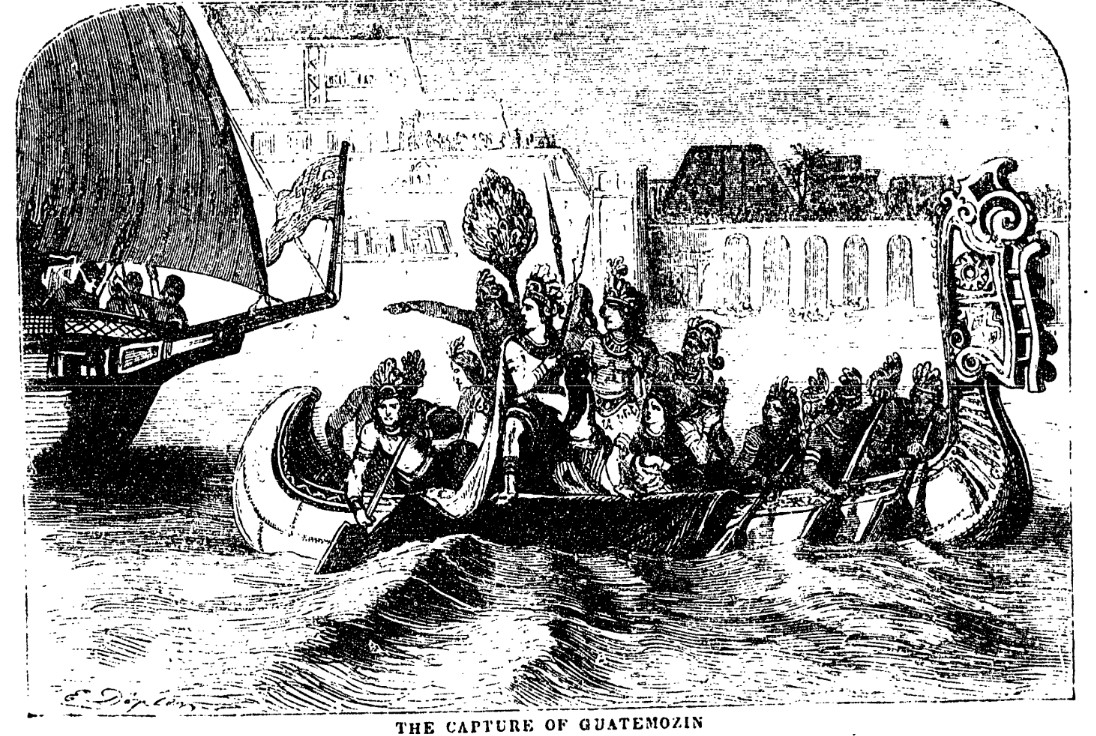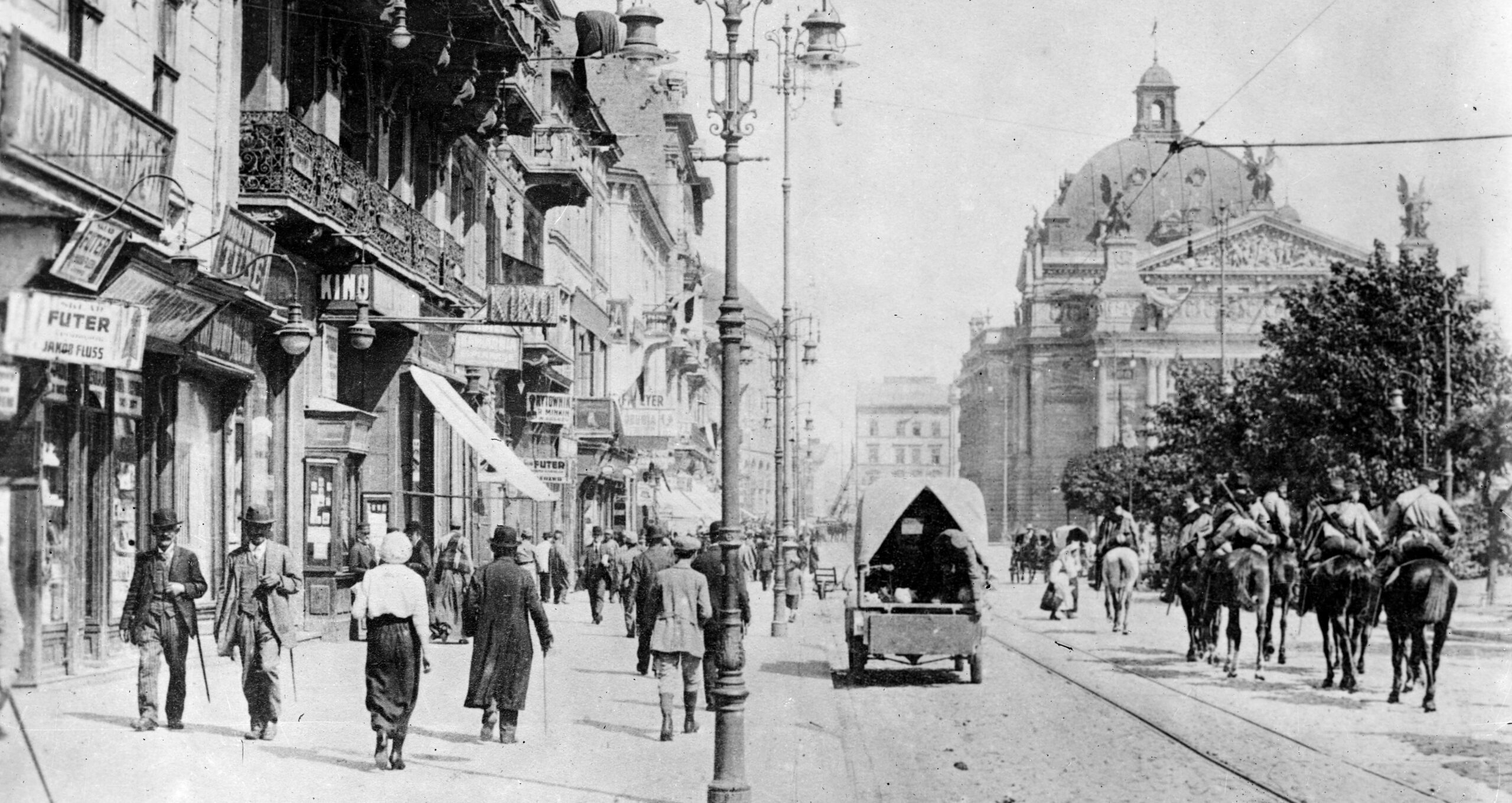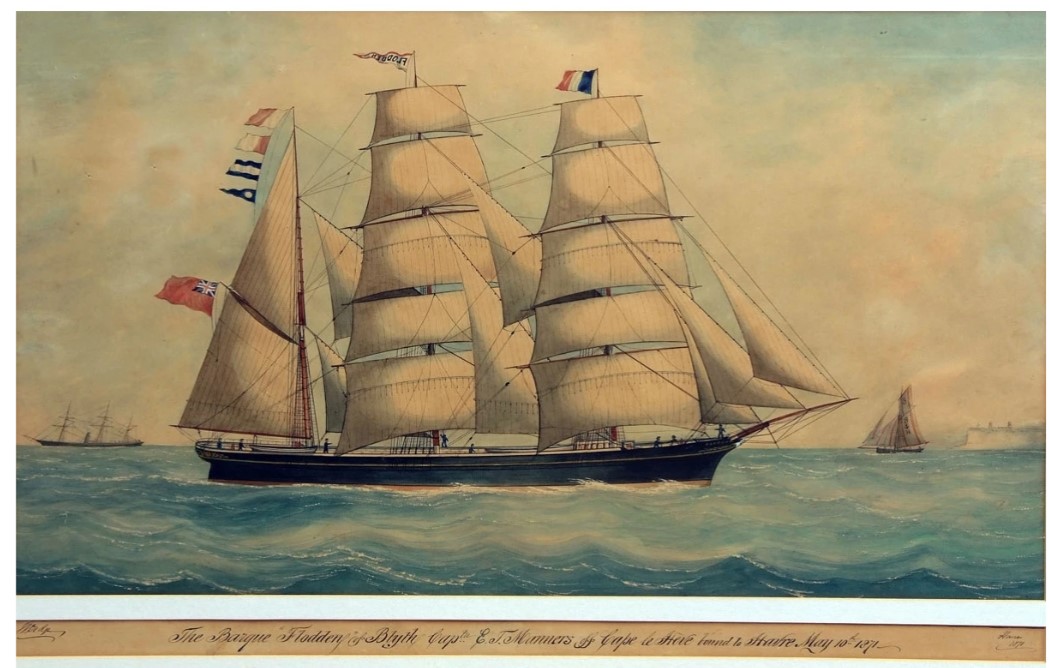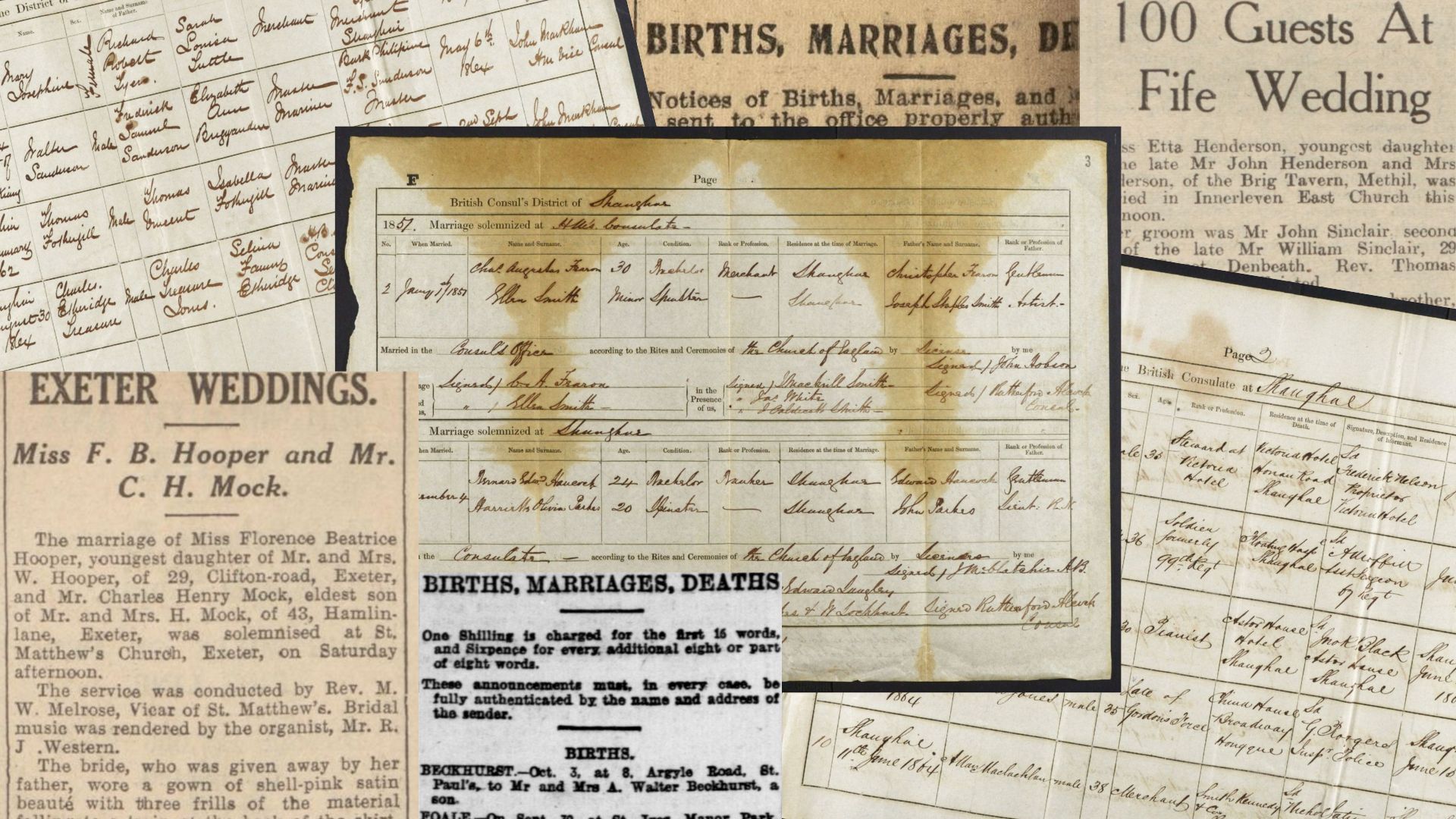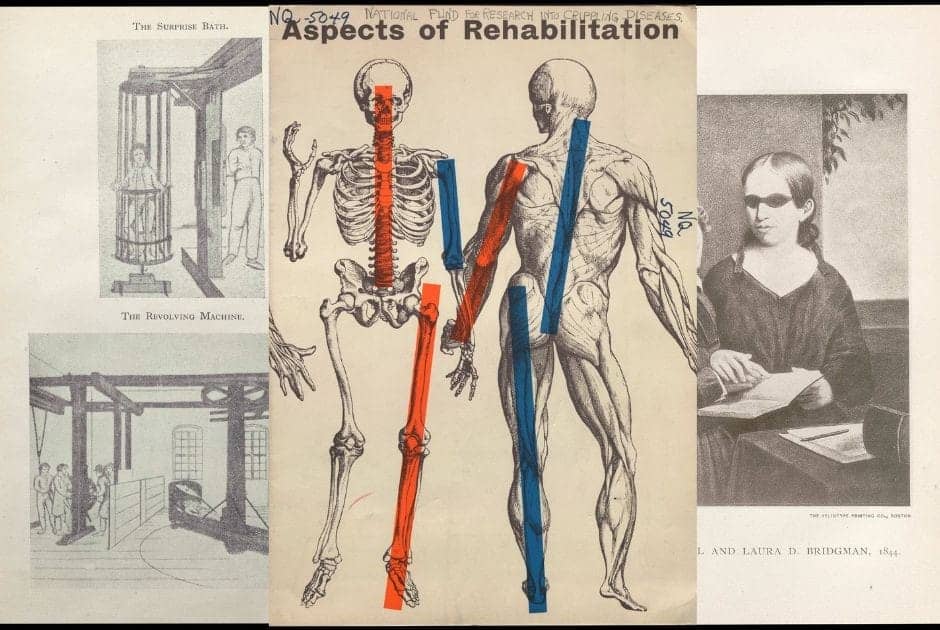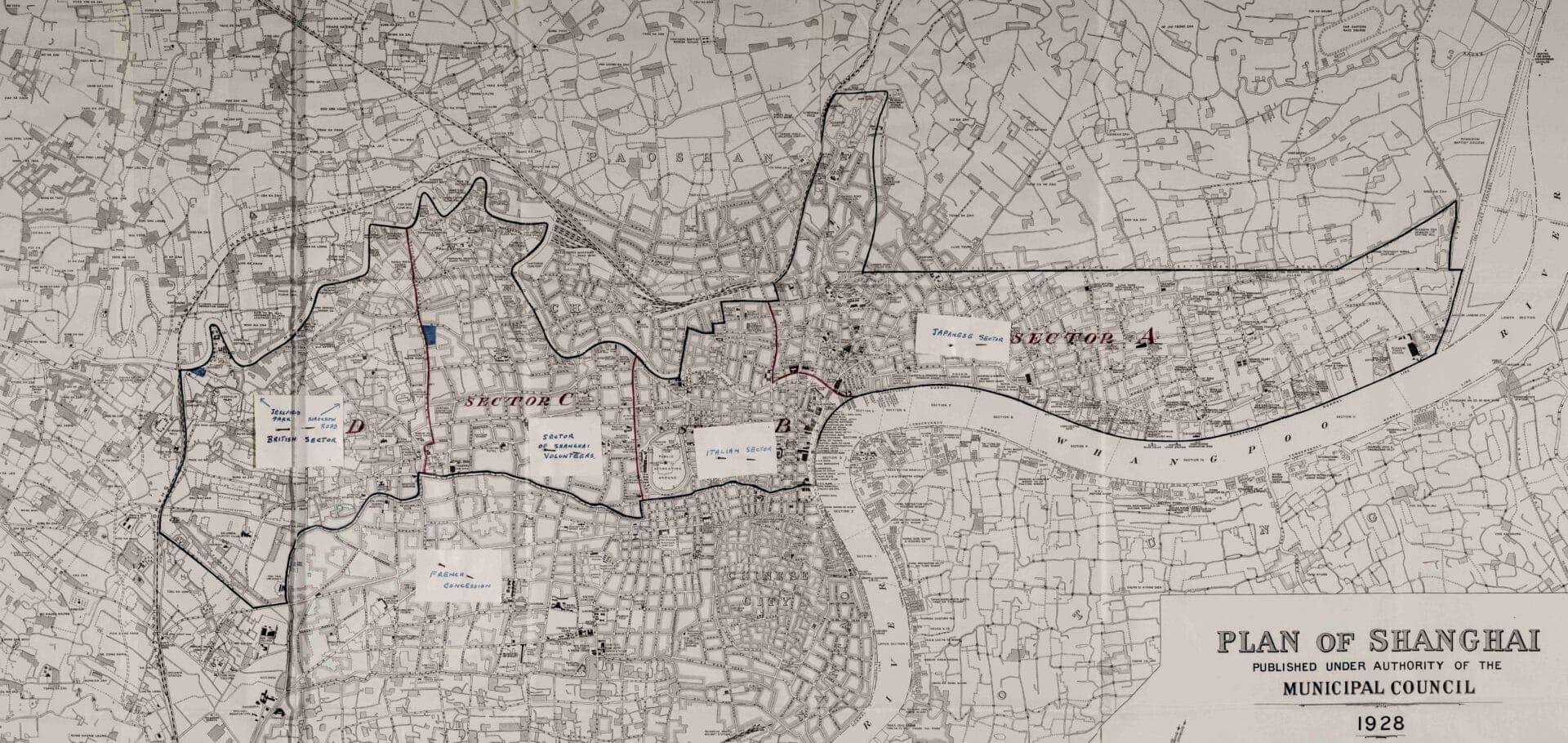│By Phil Virta, Senior Acquisitions Editor│
Queer history is full of groups and individuals that took a stand against injustices, fought to change discriminatory laws, advocated for acceptance, and spoke out for those who might otherwise remain marginalized. Studying this history can inspire and educate us as we face ongoing challenges in society such as homophobia, transphobia, attacks on women’s rights, and a willingness to eliminate any mention of diversity, equity, and inclusion.
Archives of Sexuality and Gender: Community and Identity in North America (ASG VI) offers interesting perspectives on society, sexual identity, community building, and gender issues. It presents a history of North American society with materials that cover activism, social justice issues, disabilities, women’s rights, alternative sexualities, sexuality and religion, and ethnic communities. The collections detail how identities developed in different social conditions, and how communities grew around dedicated, sometimes courageous, individuals and organized groups.
In this venture Gale Primary Sources has partnered with the ArQuives, Canada’s LGBTQ2+ Archives; the GLBT Historical Society; the Elihu Burritt Library (Central Connecticut State University); and Colegio de México, which represents Canada, the United States, and Mexico. This archive comprises 28 collections that provide a personal historical perspective, helping researchers get to know the individuals and groups involved.
Read more


